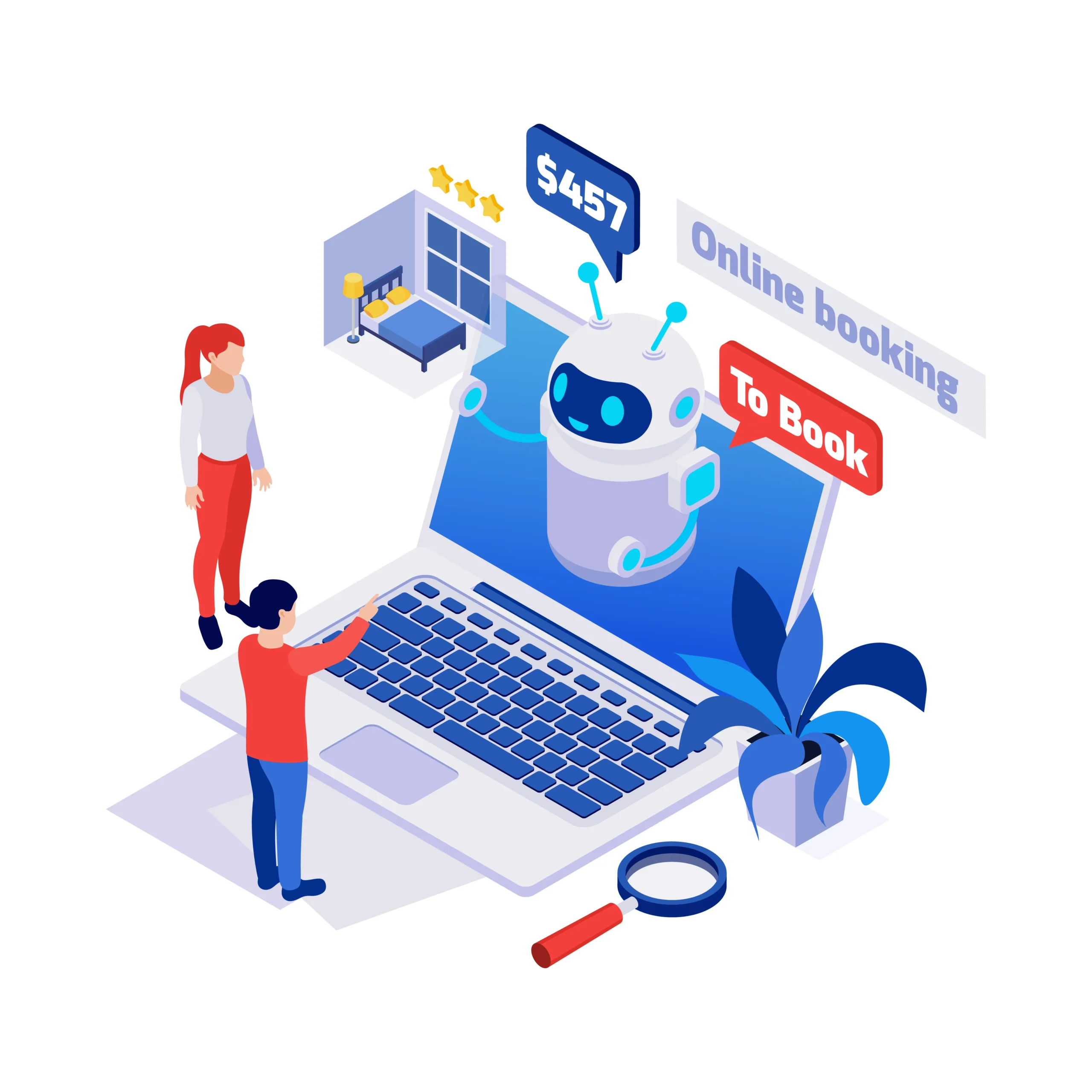In the rapidly evolving world of digital marketing, personalization has become a key driver of success. As businesses seek to create more engaging and relevant experiences for their customers, machine learning has emerged as a powerful tool to enhance personalized marketing strategies. This article explores how machine learning contributes to personalized marketing, the technologies involved, and the benefits it offers to businesses and consumers alike.
Understanding Personalized Marketing
Personalized marketing refers to the practice of tailoring marketing efforts to individual consumers based on their preferences, behaviors, and interactions with a brand. This approach aims to provide a more relevant and engaging experience, which can lead to higher customer satisfaction and increased conversion rates.
The Role of Machine Learning in Personalized Marketing
Machine learning (ML) plays a crucial role in personalized marketing by enabling marketers to analyze vast amounts of data, uncover insights, and make data-driven decisions. Here’s how machine learning enhances personalized marketing:
Data Collection and Analysis
Collecting Customer Data
Machine learning algorithms require large datasets to make accurate predictions and recommendations. Businesses collect data from various sources, including:
- Customer Interactions: Data from websites, social media, email campaigns, and mobile apps.
- Transaction Histories: Purchase records and browsing behaviors.
- Customer Feedback: Reviews, surveys, and ratings.
Analyzing Data for Insights
Machine learning algorithms analyze this data to identify patterns and trends. These insights help businesses understand customer preferences, behaviors, and potential needs.
- Segmentation: Machine learning can segment customers into distinct groups based on their behavior, demographics, or preferences.
- Behavior Prediction: Algorithms can predict future behaviors, such as likely purchases or churn risks.
- Personalized Recommendations: ML models recommend products or content based on past interactions and preferences.
Personalization Techniques
Personalized Content
Machine learning helps create personalized content by analyzing customer data and tailoring messaging to individual preferences. This includes:
- Dynamic Content: Displaying content that matches the interests and needs of each user.
- Email Personalization: Customizing email content based on past interactions and behavior.
Predictive Analytics
Predictive analytics use machine learning to forecast future customer behavior. This enables marketers to:
- Anticipate Needs: Predict what products or services customers might be interested in.
- Optimize Campaigns: Adjust marketing strategies based on predictive insights.
Real-Time Personalization
Real-time personalization leverages machine learning to adjust marketing efforts in real-time based on user interactions. This involves:
- Real-Time Recommendations: Offering product suggestions or content based on current user activity.
- Adaptive Experiences: Changing website or app experiences dynamically to enhance user engagement.
Technologies Driving Machine Learning in Marketing
Several technologies and techniques drive machine learning in personalized marketing:
Natural Language Processing (NLP)
Understanding and Generating Text
NLP helps machines understand and generate human language. In marketing, NLP is used for:
- Sentiment Analysis: Analyzing customer feedback to gauge sentiment and adjust marketing strategies.
- Chatbots: Providing personalized customer support and recommendations through conversational interfaces.
Recommendation Systems
Collaborative Filtering
Collaborative filtering recommends products based on the preferences of similar users. It can be:
- User-Based: Suggesting items based on the preferences of similar users.
- Item-Based: Recommending items similar to those the user has interacted with before.
Machine Learning Models
Supervised Learning
Supervised learning algorithms are trained on labeled data to make predictions. Common applications in marketing include:
- Customer Segmentation: Identifying distinct customer groups based on behavior and preferences.
- Churn Prediction: Predicting which customers are likely to stop engaging with the brand.
Unsupervised Learning
Unsupervised learning algorithms analyze unlabeled data to discover hidden patterns. It is used for:
- Anomaly Detection: Identifying unusual patterns that may indicate fraudulent activity.
- Clustering: Grouping similar customers for targeted marketing campaigns.
Benefits of Machine Learning in Personalized Marketing
Enhanced Customer Experience
Machine learning enables a more personalized customer experience by providing relevant content and recommendations. This leads to:
- Increased Engagement: Customers are more likely to interact with content tailored to their interests.
- Higher Satisfaction: Personalized experiences improve overall satisfaction and loyalty.
Improved Marketing Efficiency
By leveraging machine learning, businesses can optimize their marketing efforts:
- Targeted Campaigns: More precise targeting reduces wasted ad spend.
- Better ROI: Increased engagement and conversion rates result in a higher return on investment.
Data-Driven Decisions
Machine learning provides valuable insights that drive strategic decisions:
- Informed Strategies: Data-driven insights help marketers make informed decisions about content, campaigns, and customer engagement.
- Continuous Improvement: Ongoing analysis and learning improve marketing strategies over time.
Challenges and Considerations
While machine learning offers significant benefits, there are challenges to consider:
Data Privacy and Security
Ensuring Compliance
Handling customer data responsibly is crucial. Businesses must ensure compliance with data protection regulations such as GDPR and CCPA. Key considerations include:
- Data Encryption: Protecting data from unauthorized access.
- Consent Management: Obtaining clear consent from customers before collecting and using their data.
Algorithm Bias
Addressing Bias
Machine learning algorithms can unintentionally perpetuate biases present in the data. To mitigate bias:
- Diverse Data: Use diverse datasets to train algorithms.
- Regular Audits: Conduct regular audits to identify and correct biases.
Conclusion
Machine learning has revolutionized personalized marketing by enabling businesses to deliver highly relevant and engaging experiences to their customers. Through data collection and analysis, predictive analytics, and real-time personalization, machine learning enhances marketing strategies and improves customer satisfaction. While there are challenges related to data privacy and algorithm bias, the benefits of machine learning in personalized marketing are substantial. As technology continues to evolve, businesses that leverage machine learning will be better positioned to meet the needs of their customers and achieve their marketing goals.



